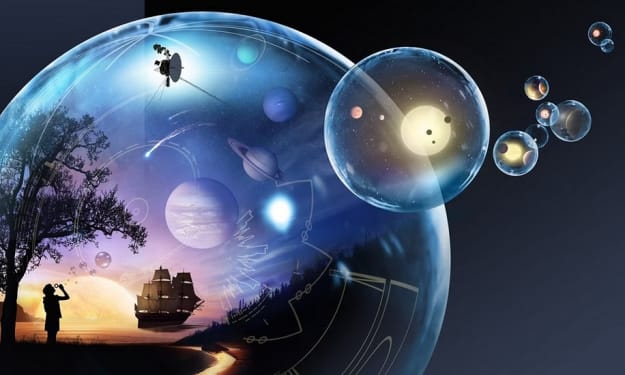
A R T I C L E
Critique is a fundamental aspect of intellectual discourse that involves the analysis and evaluation of a particular idea, theory, or work of art. It is a process that requires the ability to understand, interpret, and assess the strengths and weaknesses of a particular argument or perspective. In this article, we will explore the concept of critique in detail, discussing its various forms, methods, and applications.
One of the primary forms of critique is literary criticism, which involves the analysis and evaluation of literature. Literary criticism encompasses various techniques such as close reading, deconstruction, and historicism, among others. Close reading involves a detailed analysis of the text, paying attention to the language, structure, and style of the writing. Deconstruction, on the other hand, involves an examination of the underlying assumptions and ideologies that are present in a particular text. Historicist criticism involves understanding the cultural, social, and historical context in which the text was produced.
In addition to literary criticism, critique is also an essential component of scientific inquiry. Scientific critique involves the evaluation of scientific theories, methodologies, and experimental results. The process of peer-review, which is a standard practice in scientific research, involves the evaluation of a scientific manuscript by experts in the field to ensure the quality and accuracy of the research.
Another form of critique is cultural criticism, which involves the analysis and evaluation of popular culture, including films, music, television shows, and advertising. Cultural critics examine the ways in which popular culture reflects and shapes social norms and values, and they analyze the cultural significance of these forms of media.
Critique is an essential tool for intellectual inquiry, allowing individuals to question assumptions, challenge dominant ideologies, and seek out new perspectives. It is a means of promoting critical thinking, encouraging individuals to assess the validity of various claims and arguments, and to consider alternative viewpoints.
However, critique is not without its limitations and potential drawbacks. It can be subjective and influenced by individual biases and preconceptions. Critique can also be used as a means of dismissing or discrediting alternative perspectives, rather than engaging in constructive dialogue and debate.
Despite these limitations, critique remains a valuable and necessary tool in intellectual inquiry. It allows individuals to engage in a rigorous and thoughtful examination of ideas and perspectives, promoting intellectual growth and the advancement of knowledge. Through critique, individuals can contribute to the ongoing conversation and debate surrounding important social, cultural, and scientific issues.
D E S C R I P T I O N
- In this article, we explore the concept of critique in depth, examining its various forms, methods, and applications. Critique is an essential aspect of intellectual discourse, enabling individuals to engage in rigorous analysis and evaluation of ideas, theories, and works of art.
We begin by discussing literary criticism, which involves the analysis and evaluation of literature. This form of critique encompasses various techniques such as close reading, deconstruction, and historicism. Close reading involves a detailed analysis of the text, while deconstruction involves an examination of the underlying assumptions and ideologies in a text. Historicist criticism focuses on understanding the social, cultural, and historical context in which the text was produced.
We then turn to scientific critique, which involves the evaluation of scientific theories, methodologies, and experimental results. Scientific critique is a fundamental aspect of the peer-review process, which ensures the quality and accuracy of scientific research.
In short, as you understand, we wanted to teach you the Criticism article in this article. I'm willing to stand behind what I say. I think what I said is true and reliable. Also, I have not submitted any false information to Vocal Media until now.
About the Creator
Ihsan Alp
I am a freelancer with very high knowledge of writing, translation and software programs.






Comments
There are no comments for this story
Be the first to respond and start the conversation.